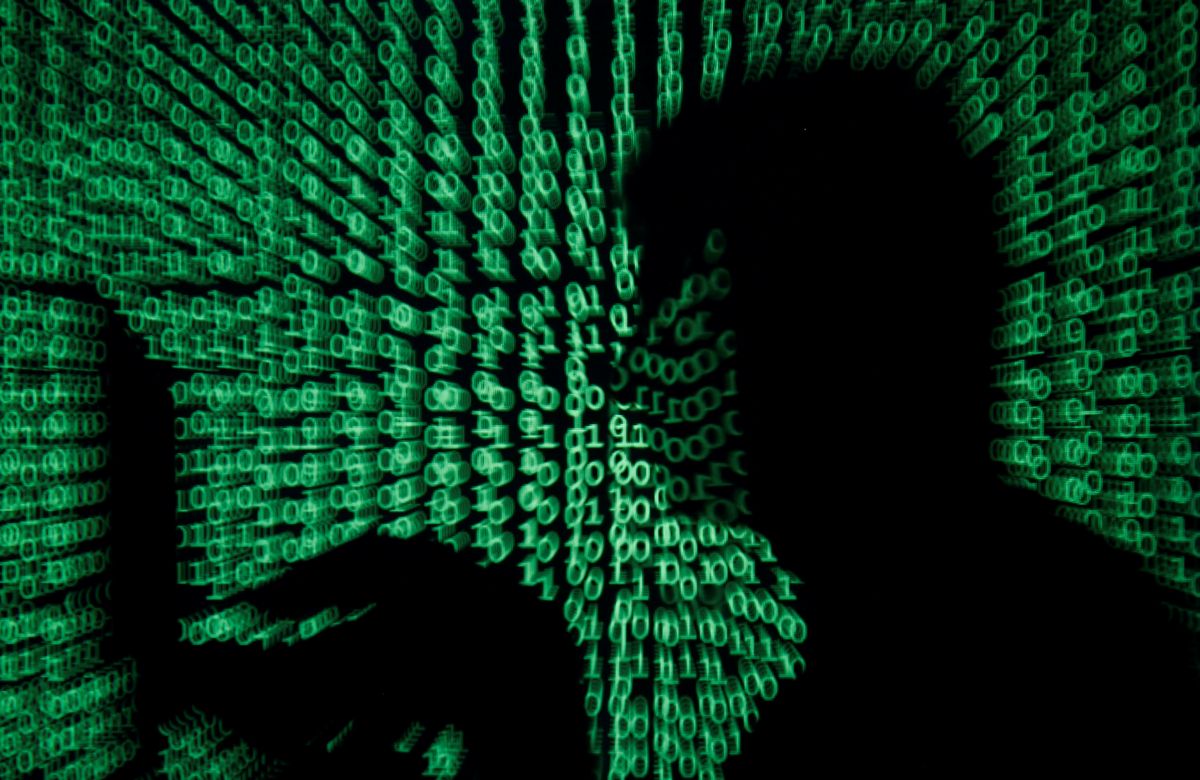
A former Obama White House official says the U.S. government could have thwarted a Russian troll group's attempts to meddle in the 2016 U.S. presidential election.
Brett Bruen, who served as the White House director of global engagement from 2013 to 2015, said he warned colleagues on President Barack Obama's National Security Council in 2014 that America would be targeted by Russian trolls, CNN reported.
His warnings came after he saw how the Russians used the same methods – social media meddling and propaganda – to sow discord during Ukraine's election in 2014.
Read alsoU.S. sanctions Russian "troll factory", 19 individuals for election meddling
"I was sitting in the Situation Room saying, 'Why do we continue to look at this as an issue that only concerns Ukraine, that only concerns Eastern Europe? This is something that's going to march across Western Europe. This is something that's going to march over to our shores, and we need to be ready,'" Bruen told CNN.
The Kremlin-linked troll group, known as the Internet Research Agency, was charged last month by special counsel Robert Mueller.
Bruen said U.S. officials who worked on the Ukraine task force were specifically aware of the Internet Research Agency's strategy and had his pitch of a propaganda monitoring system been implemented it would have caught content targeting Americans.
Bruen acknowledged that much of the administration's efforts at the time were focused on combating the rise of ISIS and countering that group's propaganda online, and said there were "enormous threats that were sucking up the attention" of the intelligence community.
Bruen said he took part in a U.S. government task force to counter the Russian meddling in Ukraine's election. That task force produced fact sheets and videos in response to Russian content and was considered a success, Bruen said. "We actually saw that the Russian bots and the Russian propagandists receded because we were contesting this space, because we were pushing out some pretty effective content."
On the heels of that achievement, in late 2014, Bruen pitched an idea to set up a command center at the U.S. State Department that would similarly track and counter any Russian propaganda targeted at U.S. allies, but officials at State, he said, failed to recognize the threat.
Bruen said State Department officials, and in particular, Victoria Nuland, then the assistant secretary of state for the Bureau of European and Eurasian Affairs, did not recognize the danger and dismissed his ideas.
Nuland told CNN that achieving what Bruen proposed would have required additional funding from the White House.
"My memory is that Bruen wanted essentially to re-create the old USIA (U.S. Information Agency), but there were no resources for that. The White House wasn't going to approve funding," she said. "We were operating on a shoestring budget as it was."
"The thinking was to counter this by giving the truth to news outlets rather than just producing more propaganda," Nuland added.
While a half dozen former State Department and NSC officials who spoke to CNN all agreed more should have been done to counter Russian misinformation in the lead-up to the 2016 election, they disagreed on what tactics could or should have been implemented to deter it.
"I would have loved to have had more support for that from all across government, not just from the State Department but from the intelligence and defense communities as well," said Rick Stengel, the State Department's undersecretary of state for public affairs under Obama.
"But even today, I'm not sure that there is an effective way of countering, much less thwarting, disinformation and propaganda. And if there is, I haven't heard of it," he said.
Another person who served on the NSC at the time said she was not convinced that Bruen's proposed plan on its own would have thwarted Internet Research Agency activity aimed at the U.S..
"What we needed, and still don't have, is an analytic cell that sees the full scope of Russian activity. Our inability to put the full picture together in real time was a major part of why this was missed," said the person, who did not want to speak publicly so as to not jeopardize her current position at a nongovernmental organization.

